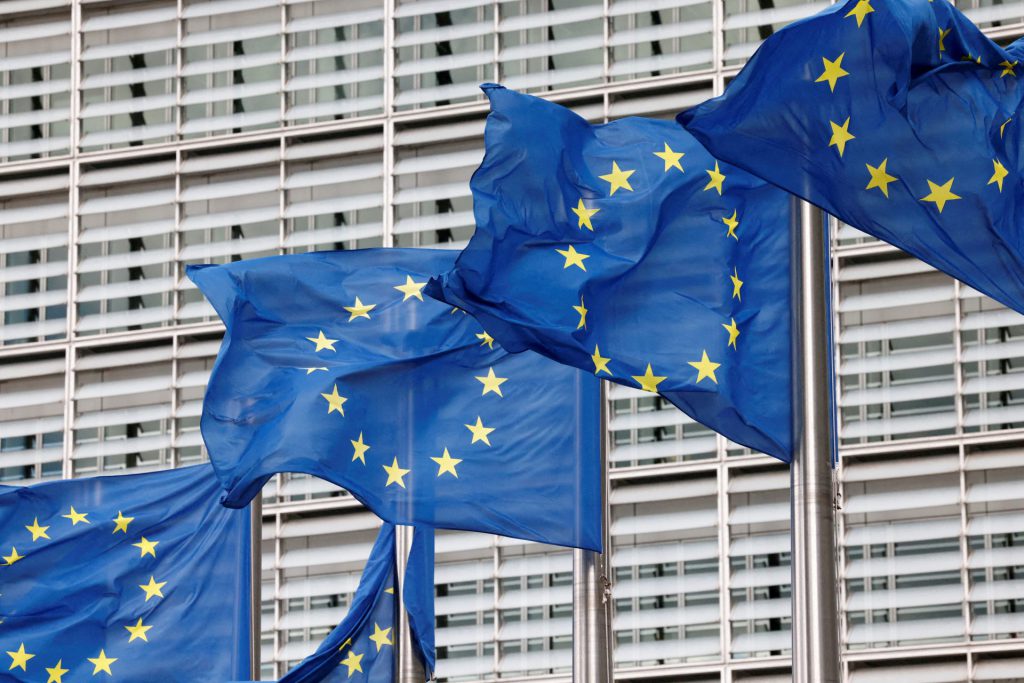The modern global economic landscape is undoubtedly as vast and expansive as it has ever been. Therefore, for individuals who travel internationally, knowing what currency is accepted in which countries is vital. For this guide, we will explore whether Switzerland uses the Euro and the rather interesting relationship between the two.
Data shows that Switzerland attracted more than 3 million tourists per year in 2020, down from 11 million in each of the three years before that. Moreover, the Euro has established itself as one of the premiere currencies on a global level. Subsequently, travelers to European countries and even prospective citizens should be vigilant about knowing what currency they need for everyday transactions.
Although Switzerland’s status as a European country leads many to believe that it accepts the Euro, it is a little more complicated than that. Indeed, the country and the currency have a rather interesting relationship. Therefore, without further ado, let’s explore if Switzerland uses the Euro.
The Euro

Also Read: Ripple Gains Approval for European Expansion from Irish Regulator
Now, before we get into the country’s use of the currency, let us delve a little deeper into the European currency. Indeed, the Euro was first introduced as a monetary unit of the European Union (EU) in 1999. Thereafter, the very first currency notes and coins came into prominence in 2002.
Originally, the currency was to be used by the 12 EU member states. Specifically, those countries were Belgium, Denmark, Germany, Ireland, Greece, Spain, France, Italy, Luxembourg, the Netherlands, Portugal, and the United Kingdom. After adopting the Euro, the legal tenders of those countries ceased to be authorized, according to Britannica.
The introduction of a Euro presented a host of benefits to the EU, but also some concerns from its constituting countries. Although it would undoubtedly increase trade without foreign exchange necessities, it would lessen national sovereignty. Its reception was mixed, with some countries seeking to adopt it, but others denying it. Specifically, voters in Denmark rejected the Euro as the national currency in 2000.
Many had predicted that the Euro would become an international competitor to the dominant US dollar. Although it has not supplanted the greenback, it most certainly has competed for global esteem. Yet, let’s explore if Switzerland in particular followed EU standards and adopted the Euro.
Does Switzerland use the Euro?


Also Read: Switzerland City of Lugano Now Accepts Bitcoin & USDT for Taxes
According to the country itself, Switzerland does not actively utilize the Euro as its national currency. Indeed, it officially sides with the Swiss franc, which is indicated as CHF. Moreover, the country is not a part of the EU and therefore does not have an obligation to utilize the Euro in its country-wide transactions.
Still, this does not mean that the Euro is lacking for a place in Switzerland. Specifically, the country recognizes that many merchants will still accept the Euro from consumers. However, this is not an enforced reality, and they are available to freely decide if they should accept the Euro for transactions. Conversely, any change they offer that consumer is likely to be in the country’s national currency, the Franc.
Interestingly, the country also made waves in 2015, when it announced that its franc would be depegged from the Euro. Moreover, the development took place after the Swiss National Bank had pegged to the Euro in September 2011. Ultimately the decision was made to lessen the cost of doing business in the country.
Why the Swiss Franc Depegged to the Euro


Also Read: France, Singapore, Switzerland’s CBDC Experiment Achieves Success
As previously mentioned, the Swiss franc was depegged from the Euroe in 2015. That development was a shock, especially after the reasons for the peg in the first place. Specifically, Switzerland sought to decrease the cost of business deals to take place in the country.
Before the peg, Switzerland was long perceived as one of the most expensive places to do business in Europe. However, that changed when its franc was pegged to the Euro, allowing Swiss exporters to drive up the profits of their business dealings due to the currency used.
Although there is no direct answer as to why the currencies were de-pegged, there are a plethora of theories. Some believe that Switzerland was concerned over the Eurozone’s sustainability. However, others believed that the country was seeking a franc parity with the Euro. Finally, some claim that Americans with money in Swiss banks saw investments increase due to the Euro’s declining performance against the US dollar.
Conclusion
Conversely, if you are a traveler to the country, or seeking to live there, it is crucial to know that Switzerland does not directly use the Euro as currency. Although it may be accepted at certain establishments, there is no obligation on businesses to accept the currency.
















